After the age of 25, the skin gradually begins to lose its elasticity and loosens and after 30-35 (or earlier) the first wrinkles are noticed. The reason for this is called collagen.
Collagen is a protein, which is used to create the integrity of the body from its individual parts.
Collagen and skin
The health and appearance of the skin are entirely related to collagen, which takes care of its protection from toxic substances and other environmental damage.
Collagen is the main component of hair, nails, tendons and connective tissue. It is responsible for tight looking skin and is at the base of the dermis. Lowering collagen reduces the fresh look and elasticity of the skin.
Collagen depletion in the body and causes

In humans, collagen begins to deplete around the age of 25, but is clearly seen around the age of 35. As a result of reduced collagen, epithelial tissue weakens, skin becomes thinner and wrinkles and hair loses its strength. Also the tendons and joints lose their mobility.
Causes of collagen reduction
The main cause of collagen reduction is age, but there are other factors that speed up the process and here are some of them:
• Frequent sun exposure. Smoking. The polluted environment. Toxic substances. Stressful situations. Physical overload. They enhance the creation of free radicals, which destroy collagen;
• Hormonal changes during menopause;
• Treatment with various types of drugs that prevent the body from absorbing useful vitamins and minerals also has a detrimental effect.
Foods that increase collagen levels in the skin
Protein foods have a beneficial effect on collagen. They can help restore the fresh look of the skin.
1. Meat - meat is a staple in most people's diets and high in protein. The most suitable types of meat for this purpose are: red meat, poultry meat, game and others. Skin, bones and other products from them also contain a lot of protein and collagen (bone broth and pig skin);
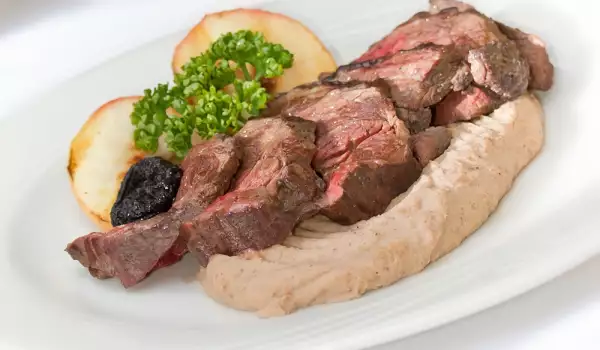
2. Fish - Fish fins have the most collagen, but omega-3 fatty acids in salmon and tuna help protect the membrane around skin cells. This increases its elasticity and firmness;
3. Red fruit and vegetables - apples, strawberries, cherries, beets, red peppers and others are rich in lycopene, a substance that is a good antioxidant and along with that forms collagen;
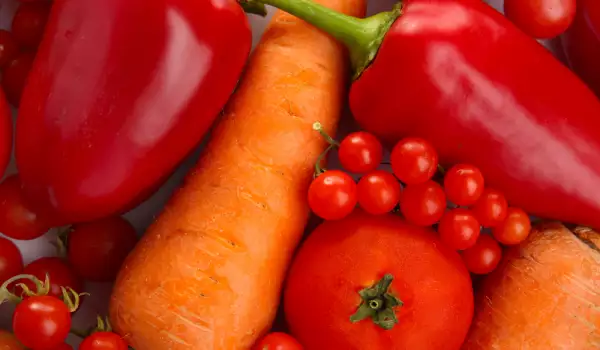
4. Fruit high in vitamin C - vitamin C is very important for collagen formation. It is found in fruit such as oranges, lemons, kiwis, mangoes, pineapples. Antioxidants in fruit reduce the formation of wrinkles;
5. Vegetables - cabbage, spinach, eggplant, chicory are very beneficial for the formation of collagen;
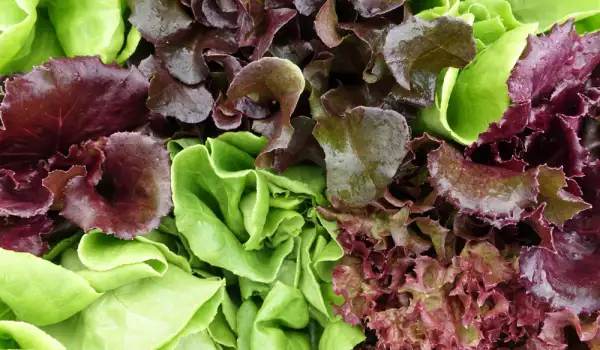
6. Other suitable foods include soy milk, white cheese, tea, nuts and all lysine products such as potatoes, seaweed and brewer's yeast.
A well-chosen menu will help to quickly and visibly increase collagen in the skin.


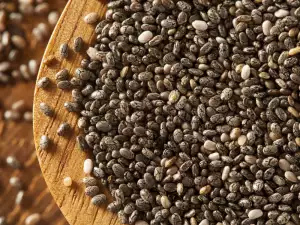

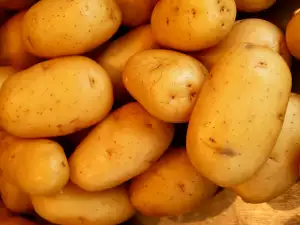
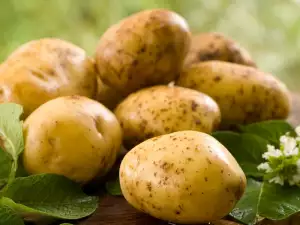
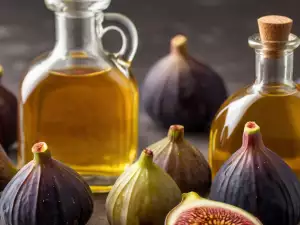


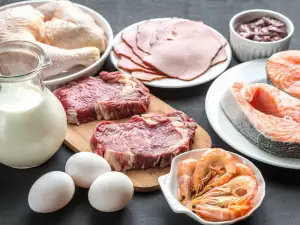
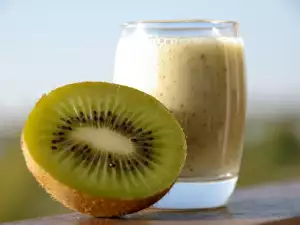

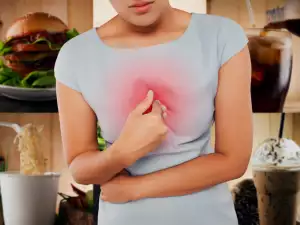

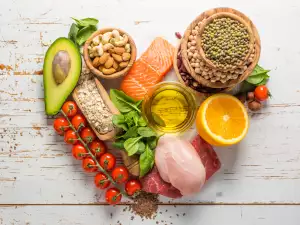





Comments